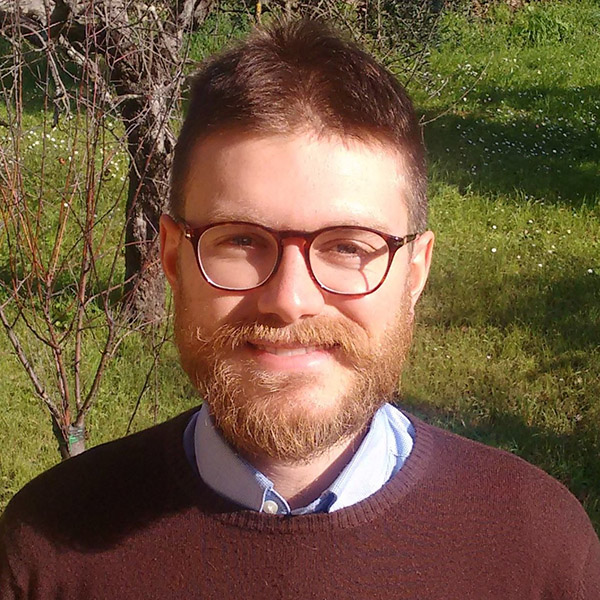Effect of air inlet geometry on raw gas composition and tar content in a fuel flexible small scale downdraft gasifier
Abstract
Biomass gasification technology has a key role among renewable sources for micro scale bioenergy production in terms of programmability, carbon neutrality and integration with rural community needs. Yanmar Company, engine and machinery Japanese manufacturer, has developed a novel fuel flexible downdraft gasifier system capable of valorising multiple biomass sources such as rice husk, woodchips and pellets from agricultural waste. The system has been installed in 2014 in Italy and includes a wet gas purification equipment and two Yanmar CP25VBZ cogeneration units. The system generates 40kWe and 66kWth and has cumulated an overall amount of more than 2500 operating hours.
Biomass gasification process is the result of complex interactions among several thermochemical reactions and therefore reactor designing must take several variables into consideration. Equivalent ratio is one of the most relevant parameters together with air inlet geometry. The scope of this study is to assess the effect of a secondary air nozzle along the reactor, added to the conventional reactor configuration. The adopted methodology aims to experimentally understand the impact of different air flowrates on the gas quality. The secondary air section is located below the reduction zone and it is calibrated in order to increase the temperature and keep reactions stability into the reactor. The feedstock used consists of woodchips with moisture content equal to 8%w/w.
The raw gas is sampled at the reactor outlet and contaminants content is assessed through a sampling system according to UNI CEN/TS 15439:2008. An online micro gas chromatography system is used to measure the gas composition. A first experimental campaign has been carried out during conventional operation mode and a second one modifying the secondary to primary air flow ratio. Results are provided in terms of temperature distribution along the reactor, gas composition, tar content, conversion efficiency and mass balance.
Biography
Lorenzo Pezzola was born in Milan, Italy in 1989. He graduated in master degree in Energy Engineering, Politecnico of Milano (Italy) in 2013.
Worked on R&D field applied on exploration and production for ENI S.p.a.
Lorenzo Pezzola is currently working for Yanmar R&D Europe S.r.l. in Firenze, Italy and he is specialized in biomass gasification, plant modelling and designing.
